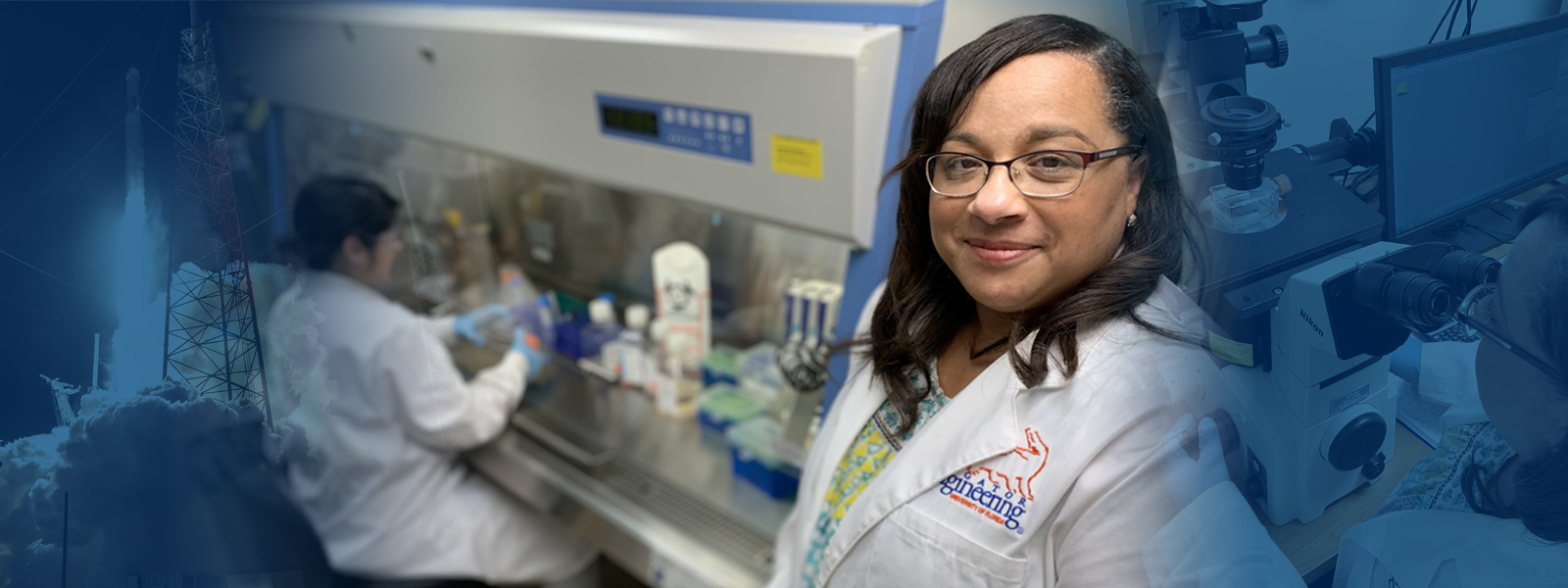After nearly two years of preparation and a few scrubbed launches, Josephine Allen, Ph.D., has sent vascular cells into space as part of her research with NASA and CASIS, the Center for the Advancement of Science in Space.
“There are no words to describe this day. The cells we isolated, grew, analyzed and prepared are now orbiting in space,” Allen tweeted shortly after SpaceX CRS-17 lifted off in the early morning hours of May 4, bound for the International Space Station.
Allen’s experiment, which studied the effects of space on vascular cells and the link to cardiovascular disease, was originally slated to launch in November 2018 on SpaceX mission CRS-16.
Considering the incredible complexity of propelling an object into orbit, Allen understands that postponements and cancellations are neither unusual nor unexpected.
“The key to successfully sending an experiment to space is to be prepared for these delays with several backup and contingency plans,” said Allen.
While it can be frustrating along the way, the excitement of witnessing her team’s hard work streaking off into the early morning darkness made all the effort worth it.
“We are thrilled to have an opportunity to advance science and better understand human health in space. This day will go down as one of the best in my career — a career high!” she said.
Congratulations to Josephine Allen and her research crew.

